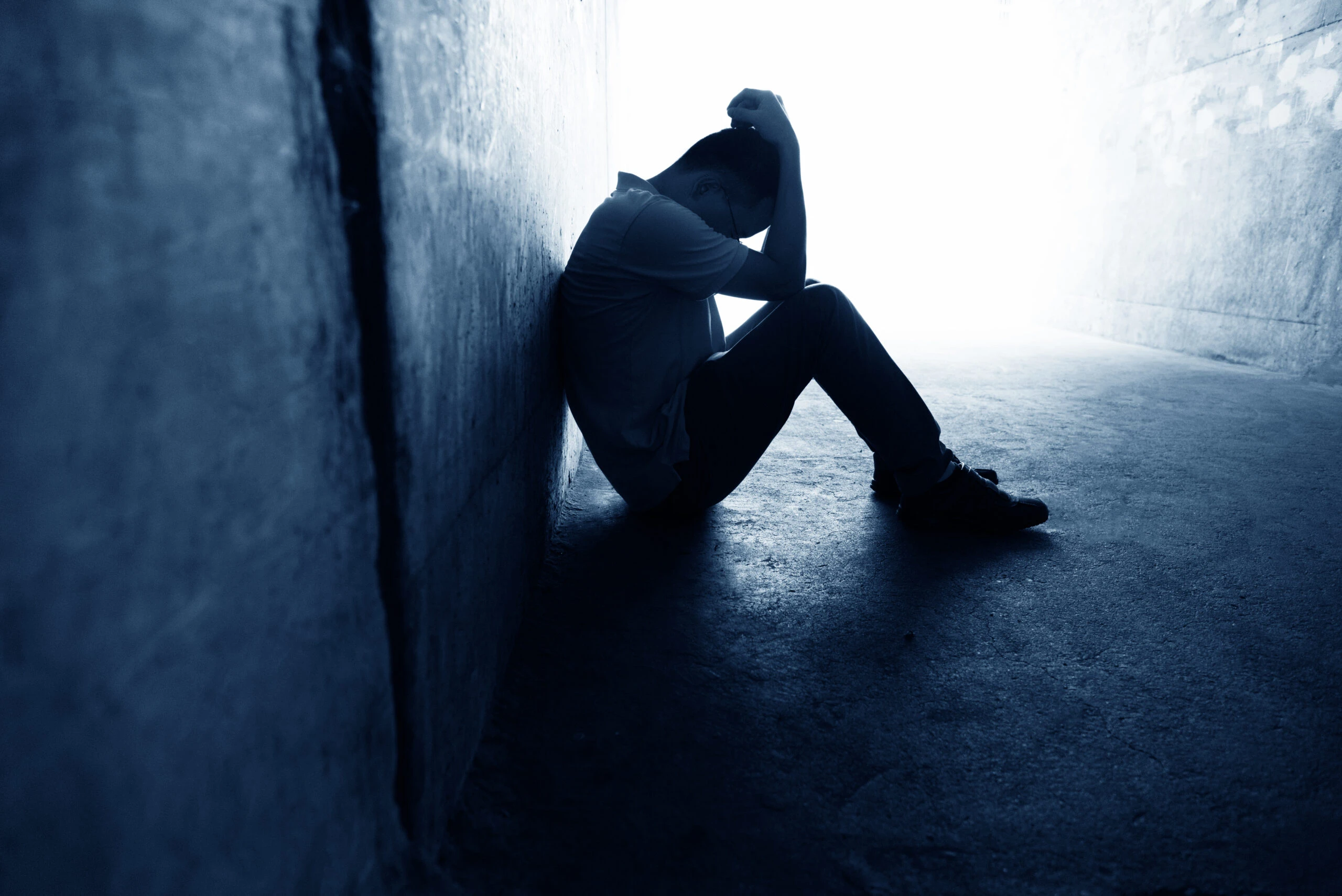The concept of mental health isn’t new, but only in recent decades has it become more widely mainstream, discussed and normalized in the United States.
People of all ages, sexual orientations, financial statuses and career types are speaking up in commercials, radio advertisements and across social media, but the emphasis continues to be focused predominantly on women and minorities.
As a result, up until 2012, less than 10 percent of all men in the States struggling with a mental health disorder sought treatment. In the last decade, despite all of the significant progress that’s been made in and for the mental health community, the number of men seeking and receiving treatment has barely increased by two percent.
Today we’re going to take a closer look at the relationship between trauma and mental health; specifically, we’re going to identify the types of traumas men are most likely to experience and how those traumas most commonly affect their mental health.
What is trauma?
A trauma is a distressing or disturbing event (whether singular or recurring) that has a significantly negative impact on your mental, emotional, physical and spiritual well-being. It can dramatically affect the quality of their relationships, their ability to function on a daily basis, their physical health and more.
Traumas can be rooted in natural disasters, sudden accidents (like car accidents), death, sexual or other physical abuse, violent crime and other harrowing situations. How exactly these traumas affect an individual can vary greatly, as there are multiple personal and circumstantial factors at play.
How does trauma affect mental health?
One of the most significant and potentially dangerous ways that trauma affects us is through its impact on our mental health.
The most common ways trauma affects our mental health is through the development of psychological or emotional disorders or the exacerbation of pre-existing conditions. This includes post-traumatic stress disorder (PTSD), anxiety disorders, depression, panic disorder (panic attacks), bipolar disorder and more.
The emotional or mental disturbances following traumatic events can also lead to:
- Trust and vulnerability issues
- Disassociation or emotional detachment
- Intimacy and relationship issues
- Short tempers or “seeing red”
- Self-harming thoughts or behaviors
- Substance abuse or addiction
Trauma isn’t a minor event, and neither are its repercussions. It’s very common for those who have experienced a traumatic event to turn to drugs and alcohol as a coping mechanism, though this action rarely occurs without additional harmful consequences.
What are co-occurring disorders?
Co-occurring disorders, also referred to as dual diagnosis, are when two or more disorders are present in a person at the same time. In most cases, this will refer to the presence of a mental health disorder and a substance use disorder (like depression and addiction), though it can also refer to multiple disorders of other combinations.
Though men are statistically less likely than women to develop a standalone serious mental illness, the majority of adults suffering from co-occurring disorders are men.
Men and mental health
What immediately comes to mind when you think of mental health? This is where a lot of stigmas, familial or cultural beliefs, or generational judgments are brought into the light.
Some men associate feelings of shame or weakness with mental health, seeking professional help or both. Others have been led to believe that mental illness is a sign of being cursed or possessed or a lack of faith. Another group has had their emotions or emotional experiences invalidated for so long that they’ve become numb to the severity of their traumas.
Now, what do you envision when you hear the phrase, “mental health care”?
Do you picture a lifestyle influencer on social media, posing in front of their favorite coffee shop with the hashtag, “mental health day”?
Or do you see the missing resource to becoming the healthiest, happiest, strongest, most successful version of yourself?
We’re here to help you fulfill the latter.
Access more resources today
We understand how unnatural this might feel; if you spent your life hearing phrases like “man up” or “you’re fine” or “you’ll get over it,” you’re likely used to shoving down uncomfortable emotions in order to deal with them. Now you might be realizing that ignoring how you feel isn’t the productive solution you may have thought it was.
That’s okay — you’re here now, and we’re here to equip you with the tools you need to build your best life. Breaking internal stigmas takes time and effort, and patience, just like healing from traumas and mental challenges does.
When you’re ready to get to work, so are we. Message us today to get started.





